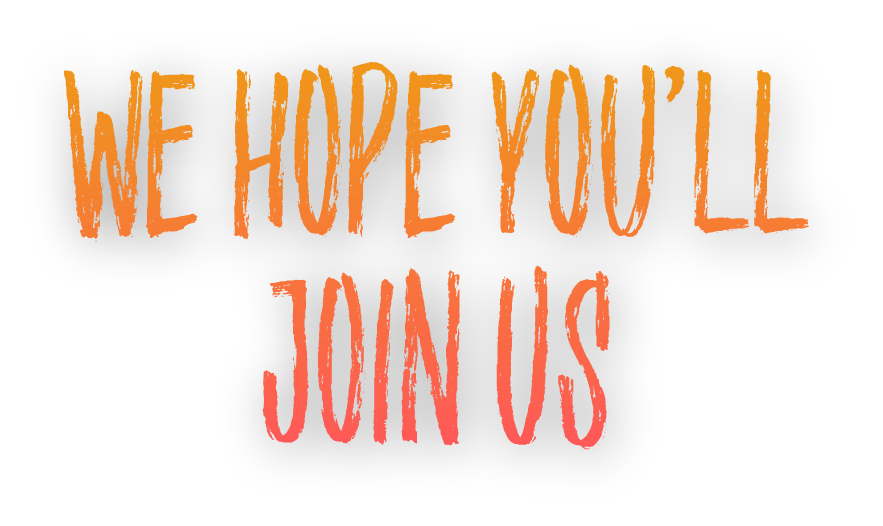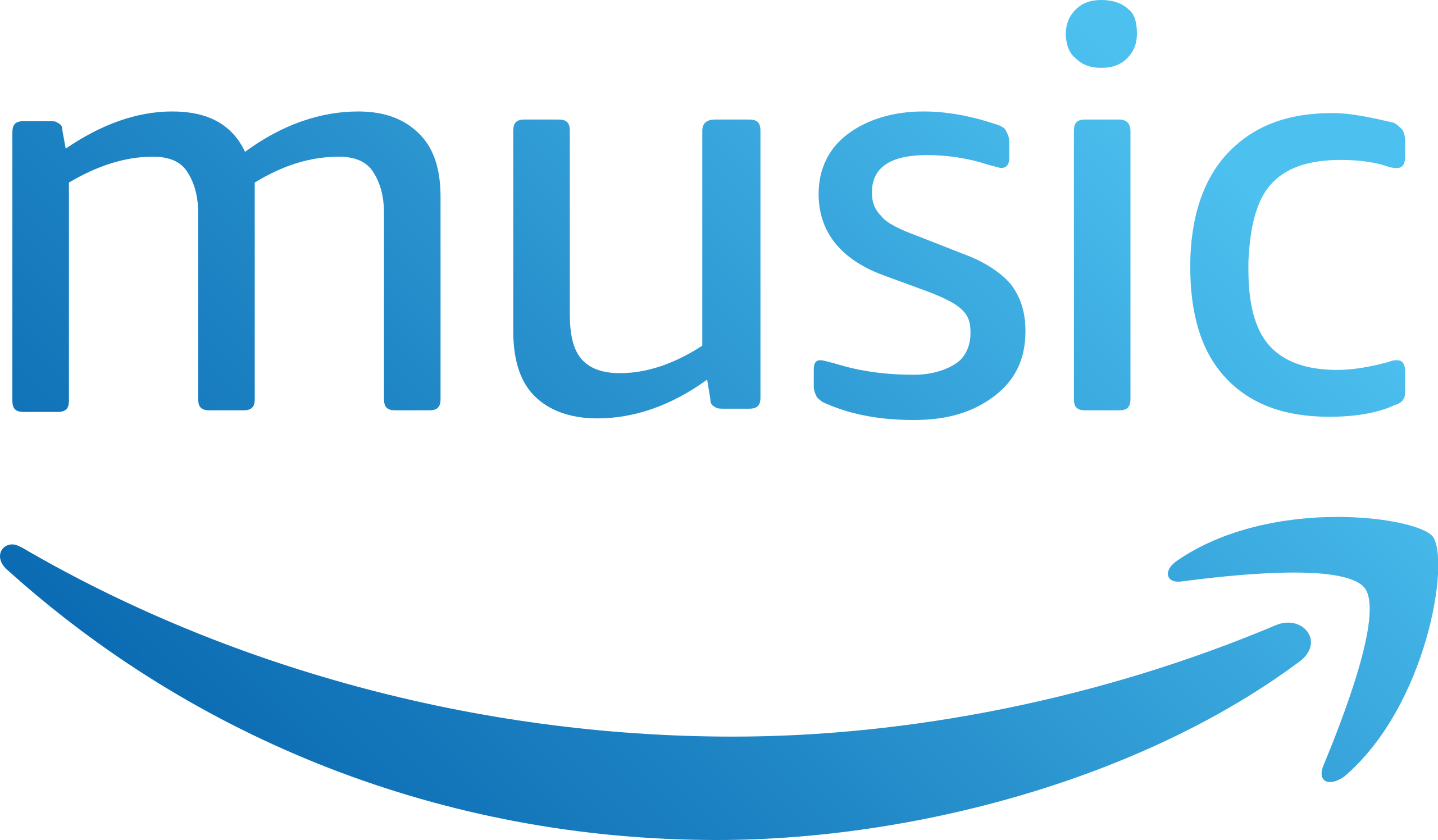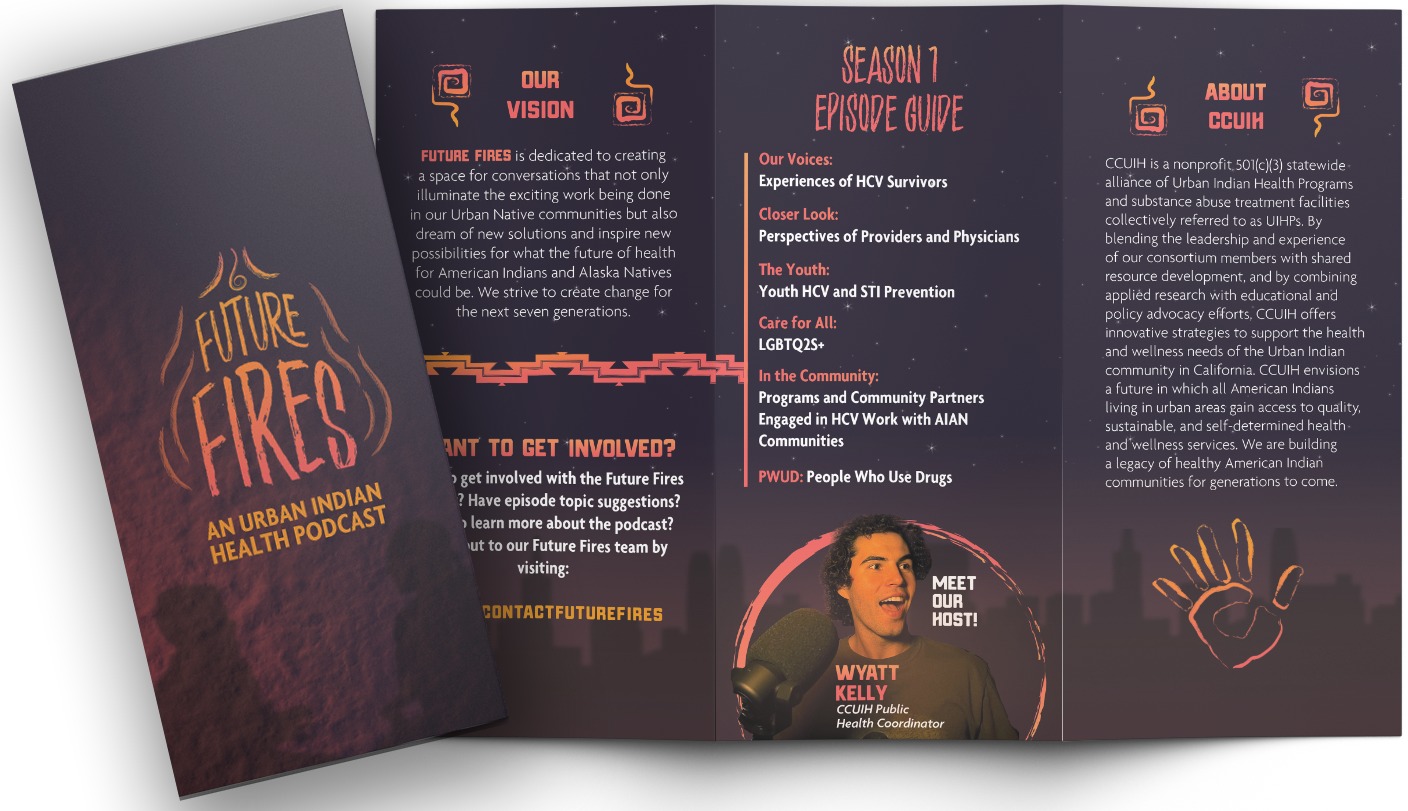

The California Consortium of Urban Indian Health is launching our first ever podcast titled, The Future Fires Podcast. The Future Fires Podcast is a conversation with the American Indian Alaska Native community throughout California and beyond where we focus on creating healthy Native futures.
In this first season of the podcast, we will be highlighting our GRASP-HCV Project. We will address six core concepts related to HCV in AIAN communities, particularly the experiences of HCV survivors, the perspectives of providers and physicians, youth HCV and STI prevention, LGBTQ2S+, as well as the programs and community partners engaged in HCV work with AIAN communities, and finally HCV awareness with PWUD* (People Who Use Drugs).


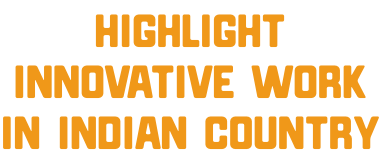

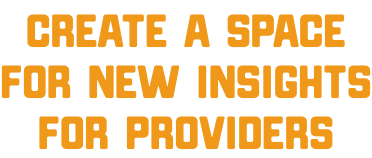

Future Fires is dedicated to creating a space for conversations that not only illuminates the exciting work being done in our Urban Indian communities, but also dreams new solutions and inspires new possibilities for what the future of health for American Indians and Alaska Natives could be.
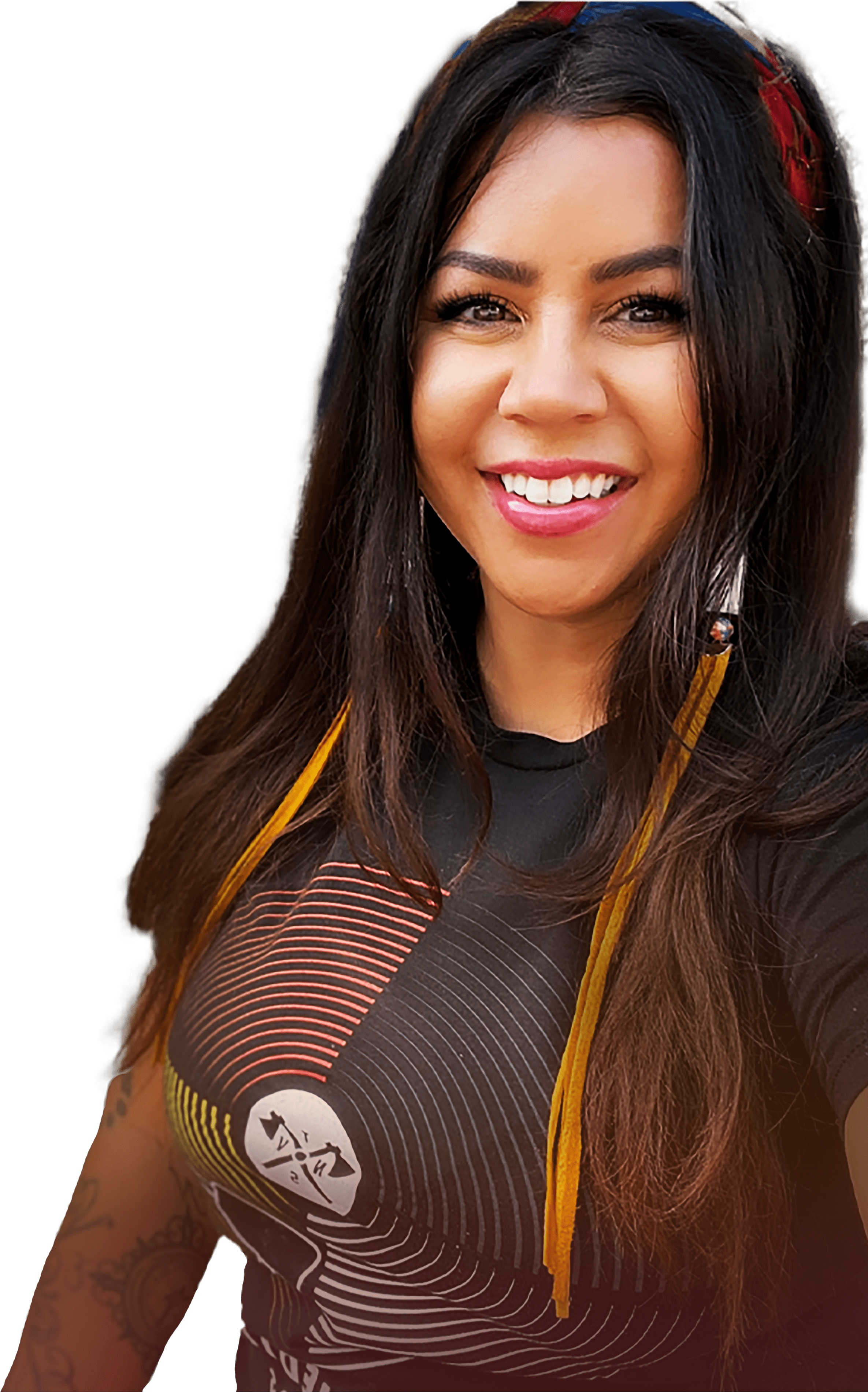


In this episode, you will hear from Jax Stewart, a senior community outreach specialist at Akua Mind & Body. Jax focuses on community work related to HCV throughout Native country. Our conversation focuses on developing programs and strategies for HCV and STI prevention. Through listening, you will learn a bit about what efforts are currently being made and how they are impacting our communities health. In this episode, we examine barriers, stigma, and education efforts to envision a healthier future for our Native communities.
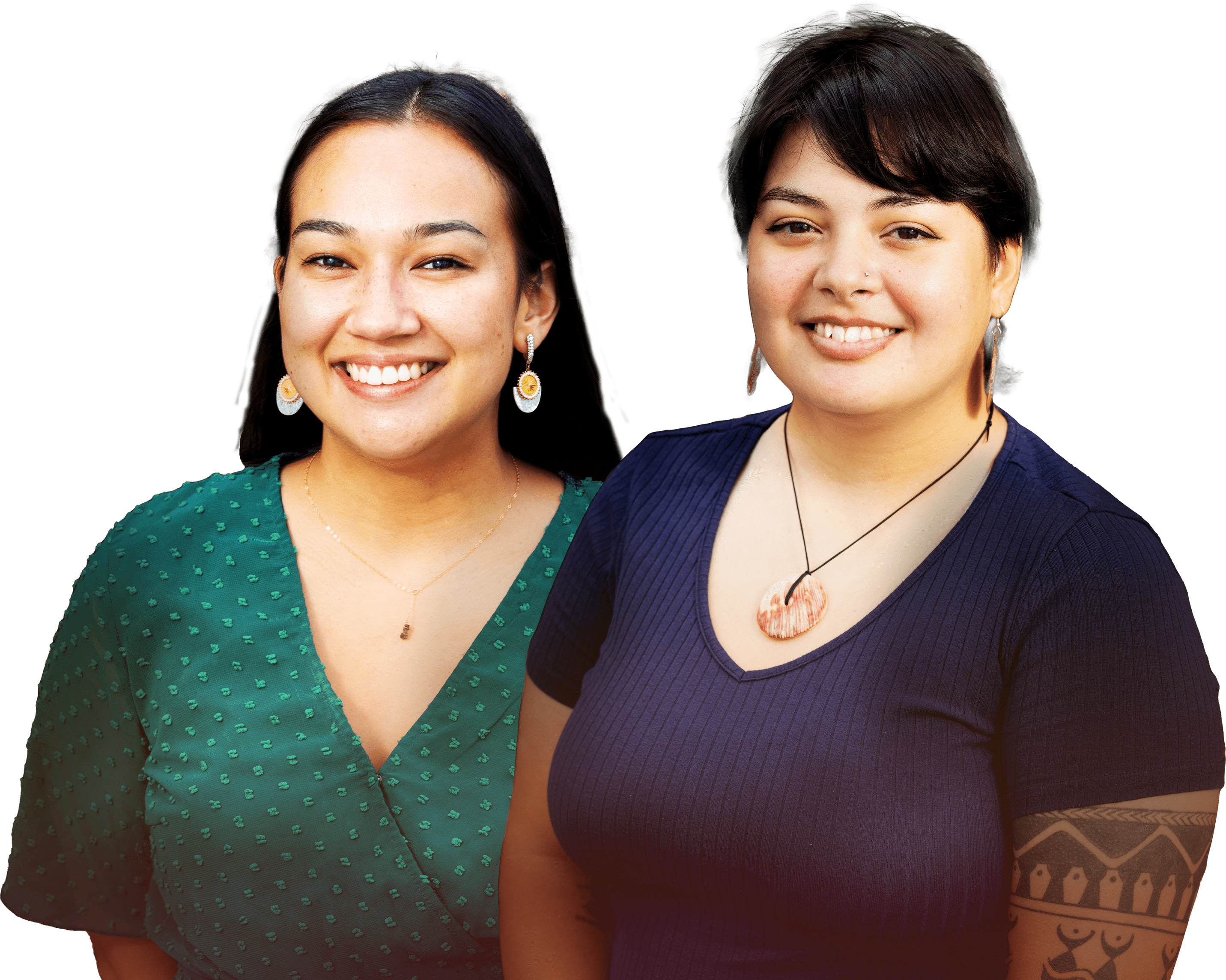


In this episode, we brought on two knowledgeable public health workers to discuss working with AIAN youth on developing strategies for youth HCV and STI prevention. Through listening, you will learn a bit about what they are seeing in the community in relation to specific beliefs and behaviors about HCV and STI prevention and how we, as a collective, can work together to make a change. Through discussing current projects and community efforts, Teyah Lopez and Adrienne Leddy, showcase the ways in which this work impacts our community at large.

